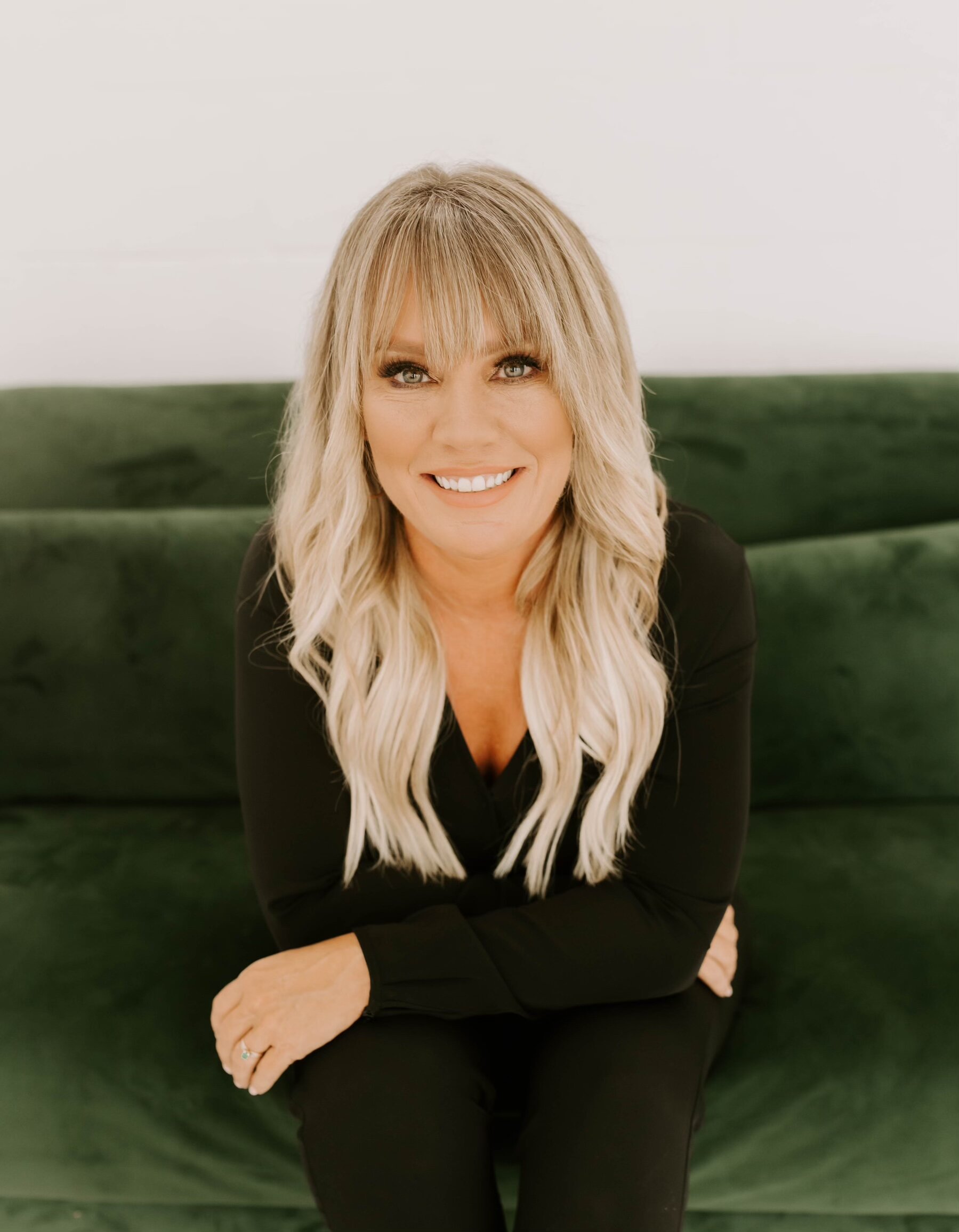Anika Cooper’s story is an inspiring one. Born and raised in Texas, Anika experienced and overcame multiple struggles in her adolescent and young adult years: drug and alcohol addiction; abusive relationships; and codependency challenges. Through it all, she discovered her faith and purpose, and came out stronger.
Feeling divinely inspired to help others battling addiction, Anika founded Simply Grace in 2011. By 2013, Simply Grace had taken shape as a nonprofit sober living home designed for women to heal in a structured environment and feel empowered to fulfill their purpose. In a span of less than ten years, the organization grew to seven locations across the Lone Star State offering sober living and an Intensive Outpatient Program, all with 12 Step Program roots. Further, Anika crafted special events for the sober home residents (Grace the Runway, Recovery’s Got Talent) meant to instill hope in the women’s lives. The events doubled as fundraisers for the nonprofit and were wholly successful; they touched the lives of thousands of people and raised hundreds of thousands of dollars. In 2020, Anika opened Simply Grace Thrift Store in Richardson, Texas, a boutique-style thrift store for the women living at Simply Grace homes to have a nice, affordable place to have a clothing shopping experience.
In 2021, Anika began a new chapter in her life by joining the nationally-recognized Full Circle Intervention (FCI), a division of Full Circle Addiction & Recovery Services (FCAR) specializing in interventions based on a respectful and professional approach—qualities that align with Anika’s demeanor. With its base in the Bay Area, Anika will lead the charge in opening a Texas division of Full Circle anchored in the Dallas-Fort Worth metroplex. Anika met FCAR Partner and President Kristina Wandzilak years ago when she invited Wandzilak and her mother to speak at a Simply Grace fundraising event. The two leaders reconnected in 2021, and the rest is history.
Ms. Cooper’s genuine, caring approach to helping people in pain encompasses many things: Her passion for doing so; her willingness to have full transparency with others; her education and her previous work experience. After graduating Cum Laude from The University of Texas at Arlington with a Bachelor of Arts in Education, Anika re-routed from following a path toward becoming a history teacher to becoming a pharmaceutical salesperson. It was through this profession that she realized she has a love and gift for connecting with people. She built upon that by moving on to serve as a business development representative for four residential treatment centers throughout the course of nearly a decade. To this day, building and maintaining relationships with people is central to her work.
At home, Anika is the mother of a 7 year old and a 17 year old. In addition to loving every second of being a mom, she enjoys exploring new places to eat, seeing the latest on the ‘silver screen’ and getting in touch with mother nature—whether that means going on a hike in the mountains or diving into the ocean for a swim. Meditation is an important practice in her life; she uses the practice to learn more about herself and unlock the sunlight of the spirit. As of 2021, Anika is proud to serve as a board member at Serenity High, one of America's longest-tenured recovery high schools.









